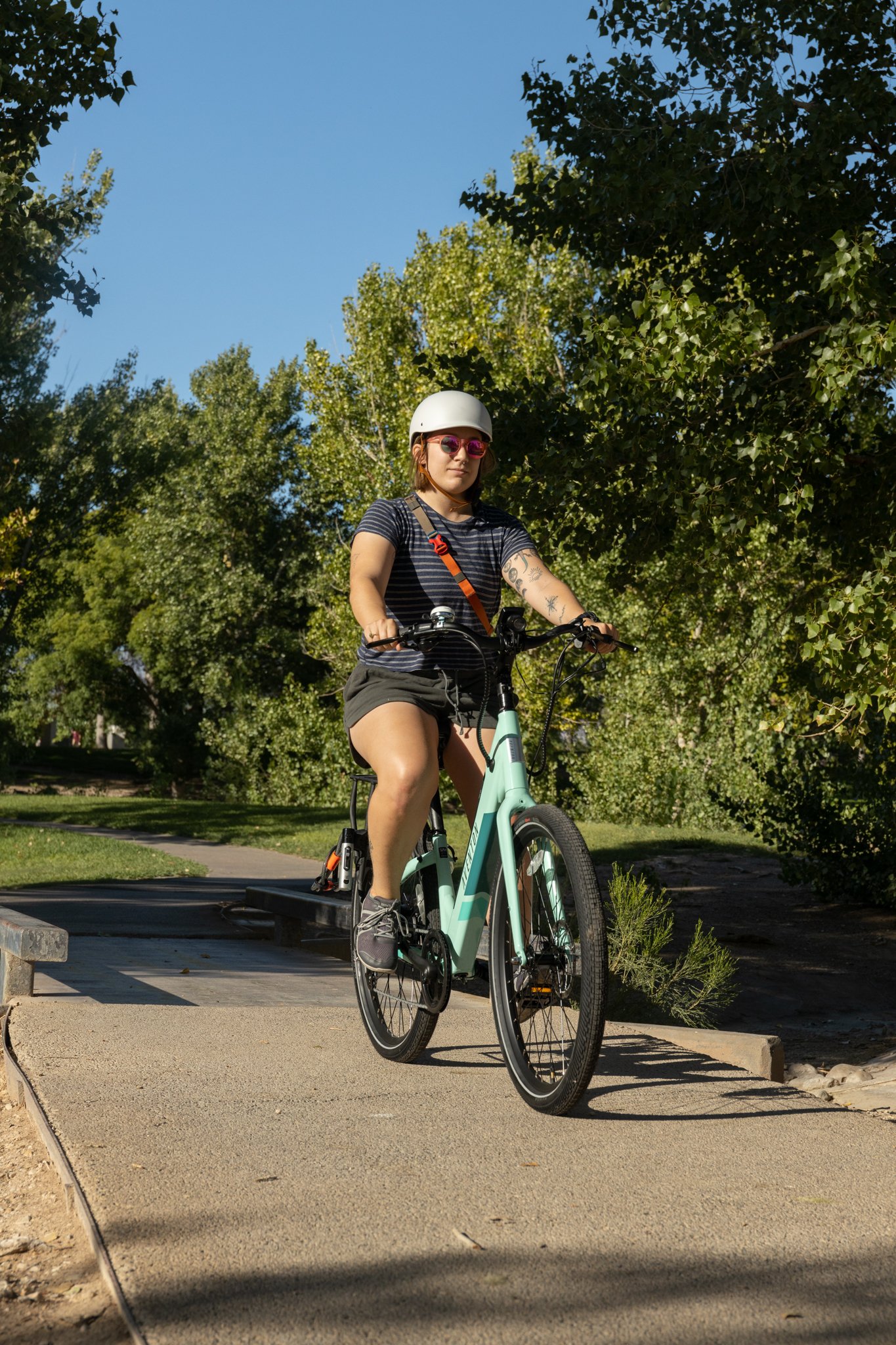Eco Living is Political: Why?
If you’re new here, this may come as a surprise. But if you’ve been around for a while, you know I’ve been political in my content since the early days.
Why?
Well, for one, eco living IS political. The clean air you breathe, the water you drink, recycling laws, etc, etc. It’s all political.
And two, sustainability and climate justice go hand in hand with other social justice issues. This is because of intersectionality.
So, let’s chat about it more
It wasn’t always this divisive
Of course, everything is politicized these days. But if you’re here, I’m sure you care about climate change, and surely you know that that term is loaded and considered political these days. Maybe you’ve spoken about climate change and gotten called a “lib” or a “hippie” or something along those lines. You see climate change as political, but so do people across the aisle.
Now, this isn’t to say that republicans and libertarians and everyone else on the political spectrum (because it’s more than just two parties) can’t believe in climate change. They can, and I hope we all learn to trust scientists (what a weird sentence to write), but it’s not as common on the right.
As long as scientists have been warning us about climate change starting in 1938, it’s been politicized. Why? Lobbying. It’s been known this whole time that the main contributor to man-made climate change is fossil fuel usage. So, fossil fuel giants have been lobbying (paying off) our government to ignore the science.
But, honestly, it wasn’t until 9/11 (yes, I am 100% serious) that the split really deepened. Even George H.W. Bush was pro-plant during his term from 1989-1993. It all changed when his son took office and the attacks on the World Trade Center occurred, and thus launched us into the so-called “global war on terror,” which was really a war over oil. Prior to this, the US and the military (our largest polluter) were trying to go green…well, as much as the military could go green. This also came after the historic Al Gore run for the 2000 presidency, in which he was a huge proponent of what we called global warming at the time. Of course, climate change was politicized before this, but the turn of the century really cracked open this divide and made it hugely partisan.
This has continued through the last decade with two Trump administrations. A notorious climate denier and denier of all science, Trump is extremely pro-oil, pro-logging, and has passed more anti-climate bills in his first 100 days than he did in his entire first term.
The economy
Just like climate change is related to every other social issue, so is the economy. In fact, money is fueling all of these problems. I get it, no one wants the economy to crash. Unfortunately, we do live under capitalism at the moment, and we do need to make and spend money to survive at this time.
And, unfortunately, lobbying is still the main threat to climate change. Well, technically, it’s fossil fuels, but it’s one and the same in this conversation. Fossil fuels could have been phased out at this point if it weren’t for lobbying efforts by these companies. And, yes, they lobby both sides of the aisle.
While billionaires and megacorporations care more about record profits and less and less about their workers and the planet, we won’t get anywhere. Yes, we can still make small changes and enact smaller climate wins, but while the economy remains capitalism’s main priority, climate change doesn’t stand a chance. This is not doomism, it’s just realism.
A very interesting read was “The Day the World Stops Shopping.” In this book, the author explores this thought as a hypothetical. What WOULD happen if we all quit buying stuff and using fossil fuels? Of course, the planet would heal, but the economy may crash. Hannah Ritchie also covers this in her book, “Not the End of the World.” This book is full of climate optimism, and she discusses our need to maintain a healthy economy without sacrificing our clean air, water, and literal lives. And, we can. She proves that over the last decade or so, our economies have grown, AND pollution has gone down. Granted, this was before Trump took office, but still. The data proves that we CAN have both. Our politicians just need to stop accepting bribes. All of them.
We’re debating fact vs opinion
Climate deniers truly have no space in this conversation. Maybe that sounds harsh, but it’s true. They are arguing based on opinions and feelings. We are arguing based on sound facts and a literal century of scientific research and evidence that is still ongoing.
It’s time everyone trusts the science that man-made climate change is real. Yes, the planet has warmed before. Yes, the planet DOES go through heating and cooling cycles, and we are in a heating cycle. But graphs like this prove that we have way outpaced the Earth’s natural levels of atmospheric carbon dioxide concentrations. Not only is the level way higher, but it also happened much quicker than it naturally would have without the burning of fossil fuels.
There is some hope here. Yale conducted a study and compared the results of polls from 2013 and 2024 and found that many more people in this decade believe in climate change and are worried about it, while we have fewer deniers and dismissives.
We’re trending in the right direction! It’s more important now than ever to educate folks who are cautious, dismissive, and denying climate change. This is not a fact vs fact debate. This is a fact vs opinion debate, and everyone needs to believe the facts.
What does this have to do with everything else?
So, why do I talk about Black Lives Matter and LGBTQ+ rights and disability and Free Palestine? It’s all connected. If you’ve never heard the term “intersectionality” before, watch this video and also check out Leah Thomas’s book, “The Intersectional Environmentalist”.
War contributes heavily to CO2 emissions. Bombs, fighter jets, transporting troops, destroying ecosystems, and so much more. War is one of the most evidently impactful things on the planet, AND the people who live here. Every environmentalist should be anti-war and anti-genocide.
The popularization of EVs has skyrocketed while people in the DRC are being enslaved to mine precious minerals to make these so-called ethical vehicles.
Disabled people are affected by climate change and also climate policy, like straw bans, while public transportation and meetings about climate change are not always accessible. This is called eco-ableism.
Data centers for AI and oil drilling claims are almost always built in communities of color, which pollute their water, air, and soil while making the people sick. This disproportionately affects people of color more than white people and rich people. This is called environmental racism, and there are decades of evidence of this happening in the US and worldwide.
You get the idea, I hope. It’s all connected to climate change, which is why I urge all environmentalists to speak up about all of these issues.
As you can see, we cannot solve climate change while ignoring these other things. We cannot move to EVs because they harm people. We cannot just blanket-ban straws because that harms people.
Everyone needs to be included in these conversations, and we must be inclusive and intersectional in our solutions.
Solving poverty and homelessness will allow more people to have the time and resources to care for and fight for the planet. Access to healthcare will allow more people to be healthy enough to join in the fight to stop climate change. Putting rules on lobbying and monopolies will squash efforts by fossil fuels to buy off our government. Taxing the rich will allow us to implement more expensive climate solutions.
Have empathy
Every single one of these topics is interwoven in a web. That is why I speak about them all. Of course, my main talking point is always going to be the climate. But if I share my stories or make a reel about voting or women’s rights or Palestine, this is why.
It is a privilege to look away. It is a privilege to ONLY care about climate change. It is a privilege to distance yourself from politics. You may not see it, but politics affects you, too. Sure, you may be in a position to ignore it for now, but that may not always be the case. Anyone can become disabled at any point. Anyone can have a financial emergency and enter poverty at any point. If you don’t care about your fellow humans, be selfish and care about yourself. Fight for yourself to have these safety nets in a time of emergency.
But, please, don’t let your empathy go. I know we are at an all-time low for empathy. It takes practice to keep that muscle memory up. Our world is divisive right now, but don’t let it divide your community. You have more in common with your neighbor than you think. You sure as heck have more in common with them than with your reps and the billionaires you shop from. You don’t have to be best friends with everyone you live near, but I urge you to simply CARE about them. Learn more about building community here.
Thank you for reading along and caring. It’s wild that I have to say that. But in a world that so easily turns its eyes away from pressing issues, it has to be said. It’s tiring to be empathetic. It’s tiring to care. So, take care of yourself, but don’t fully turn away. Come back to your community when you’re ready.
As always, remember that your small actions make a big difference in the long run :)
Emma









